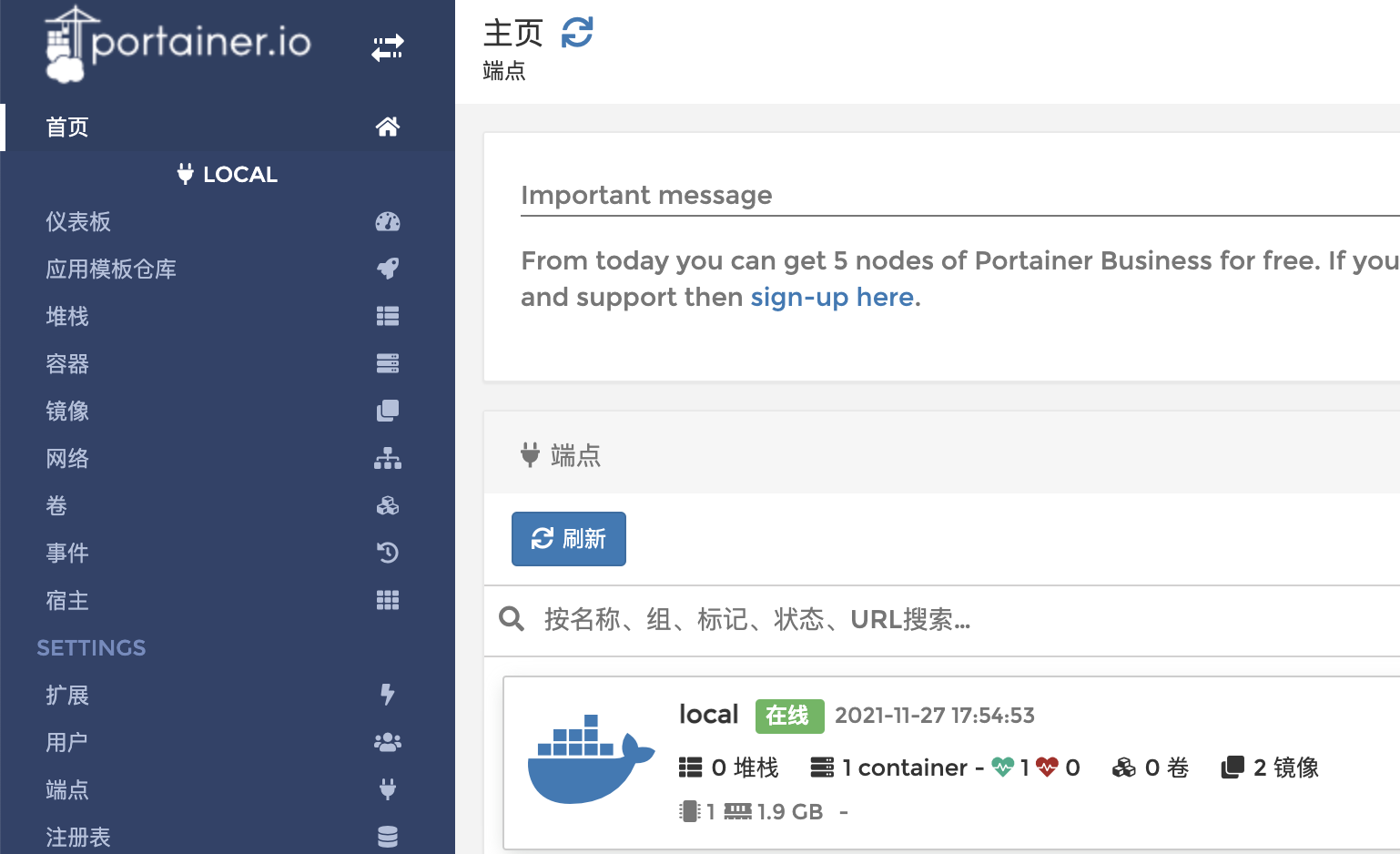一、安装uwsgi:(ps:先安装yum工具)
1、yum install python3-devel 或者 yum install python3-dev /
2、yum install uwsgi /pip install uwsgi
二、验证uwsgi是安装成功&配置
1、在工程中创建一个test.py文件,写入如下内容:
def application(env, start_response):
start_response(‘200 OK’, [(‘Content-Type’,‘text/html’)])
return “Hello World”
2、在终端运行
uwsgi —http :8001 —wsgi–file test.py
3、在浏览器上输入 127.0.0.1:8001,127.0.0.1表示是在本地弄的nginx,如果是在其它服务器地址,则将127.0.0.1改成服务器地址即可
4、页面中显示 Hello World ,即uwsgi 安装是成功了
5、相关命令:
uwsgi —reload uwsgi.pid 重启
uwsgi —stop uwsgi.pid 停止
uwsgi —ini uwsgi.ini 启动
ps ef |grep uwsgi 查看uwsgi进程
6、在django项目中的 manage.py 同一 目录下,创建一个新的目录uwsgi_config,创建 uwsgi.ini,uwsgi.log,uwsgi.pid,再编辑uwsgi.ini,内容如下:
三、 uwsgi+django
1、启动 uwsgi (ps:这个执行后,会自动生成uwsgi.pid,里面存的只有uwsgi的母进程号)
uwsgi —ini uwsgi.ini
2、访问 10.121.2.104:8087/homePage ,homePage是django的设定访问地址,如果正常访问,则成功
3、如果不成功,建议看一下 uwsgi.log的日志
四、安装nginx&配置:
1、下载包:wget http://nginx.org/download/nginx-1.13.7.tar.gz
2、解压包:tar -zxvf nginx-1.13.7.tar.gz
3、编译&安装;
进入解压后的nginx-1.13.7文件夹,依次进行如下操作:
./configure
make
make install
4、相关命令:
# nginx停止命令
nginx -s stop
# 启动
进入 nginx目录,xxx/nginx/sbin/nginx
./nginx
# 重启
nginx -s reload
# 查看uwsgi进程
ps ef |grep uwsgi
5、进入/nginx-1.13.7/conf/nginx.conf,添加如下内容:
注意:注意,注意,注意,必看,不然不会成功 nginx+uwsgi+django
五、django+nginx+uwsgi
1、启动nginx:nginx
2、重启uwsgi:uwsgi –reload uwsgi.pid
3、如果上面失败,则看一下 nginx目录下的 error.log查看nginx错误信息,uwsgi.log日志查看uwsgi的错误
六、访问
10.121.2.104:8088/homePage,正常访问,说明成功






